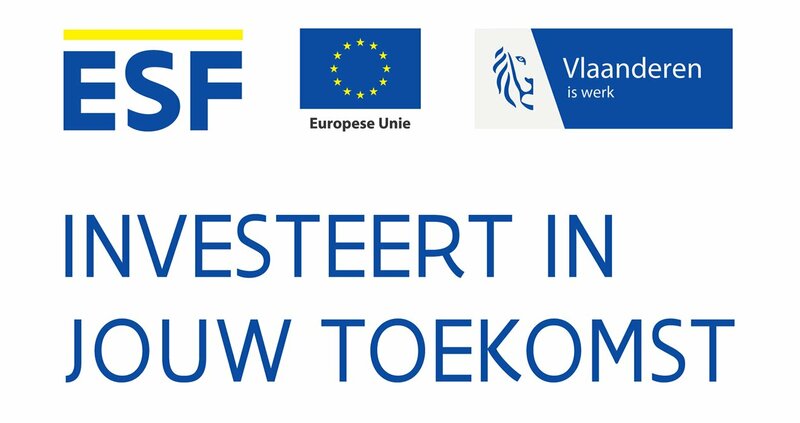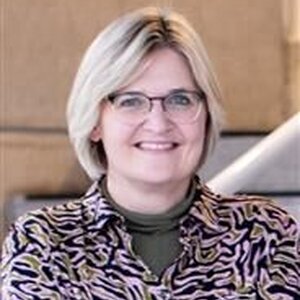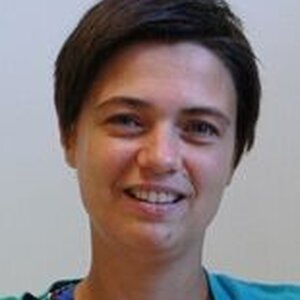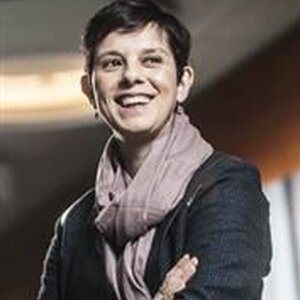Family businesses and the crisis
The corona crisis and subsequent measures have shaken the economic landscape considerably and severely tested the resilience of our companies. How resilient and flexible are Flemish (family) businesses?
"What is the impact of the 2008 crisis on family businesses and how have they resisted that severe crisis (differently / better than non-family businesses)?"
A great deal of macroeconomic ink has already flowed over the causes and characteristics of the severe financial and economic crisis of 2008-2009, which is described as the Great Recession. Much less has been published about its impact on businesses and, a fortiori, on family businesses. Moreover, the relatively scarce publications about family businesses and the crisis are all too often based on assumptions and not on solid empirical research material.
If quantitative research into the impact of the crisis has nevertheless been carried out, this usually refers to listed family and non-family companies. So there are two clear gaps in existing research. On the one hand, there is little research into the performance of non-listed family businesses. On the other hand, little has been published about their performance in times of economic crisis.
Expected output
With this research, these two major gaps are filled. Figures show how non-listed family and non-family businesses in our country have weathered the 2009 crisis. In particular, they study how they have performed since 2009. A comparison is made between family and non-family businesses and between family businesses. The analysis within the group of non-listed family businesses complements a third gap in the (family business) literature. For completeness, listed family and non-family businesses are also examined. By separately analyzing unlisted and listed companies, apples and pears are prevented from being compared.
Taking the crisis years as a study period is very valuable because recessions are recurring events with far-reaching consequences.

Our partners
CenSE in collaboration with research institutions in Sweden and France
Meet the researchers
Want to know more about this project?
Sustainability Makers: the way to SDG
This project explores methods to implement SDGs among the VET target population.
Stairway to SDG is a partnership between seven organizations from six European countries. This consortium wants to contribute to the implementation of sustainability education in professional education. This is based on concrete personal actions linked to the 17 Sustainable Development Goals of the United Nations.
Contributing as individuals to the SDGs is complex, so we have simplified these goals as much as possible into everyday sustainable practices. We are all jointly responsible for the major sustainability challenges we face now and in the near future, sustainability challenges caused by human actions.
The main research question in this project is "How can education for sustainable development and the SDGs be implemented in professional education?".
Excepted output
Knowledge Platform for Professional Education (www.stairwaytosdg.eu)
The Stairway to SDG platform is aimed at teachers in professional education. Educators who have the opportunity to raise awareness about sustainable development among students and promote debate, sustainability actions and sustainable innovation among students.
Objectives of the platform:
- Informing and raising awareness about sustainable development.
- Help teachers to integrate Education for Sustainable Development (EDO) into their teaching practice.
- Teachers a series of structured activities related to offer the Sustainable Development Goals, tailored to professional education. Learning activities that can be used in teaching practice.
- Offer teachers examples of good practice to inspire them.
- Promote the 'Stairway-to-SDG' app, as a self-assessment tool for sustainable behaviour.
- Provide a community where users can share results and progress.
My.Stairway - Self evaluation app
To facilitate the work of teachers and to gain insight into the sustainable behavior of students, we have developed a new app. The self-assessment app works as a barometer to encourage reflection in students and to support them in a practice-oriented way to think about and take action to advance the SDGs.

Our partners
Erasmus+ KA2
Meet the researchers
Want to know more about this project?
Psychological ownership in family businesses
The study probes the antecedents and consequences of collective psychological ownership - the sense that something belongs to "me" or "us" - in the context of family businesses.
The research has resulted in publications on psychological ownership and several conference papers, including:
- Limits to psychological ownership in the family business; Broekaert, Wouter ; Henssen, Bart; Lambrecht, Johan; Debackere, Koenraad; Andries, Petra Emerald Journal of Family Business Management; 2018; Vol. 8; pp. 196 - 216
- How to encourage psychological ownership? Make employees psychological owners of change; Vereecken, Hilde; Broekaert, Wouter; Henssen, Bart
- People and Management Media & Information; HR Square; 2016; iss. 163; pp. 35 - 41
Meet the researchers
Want to know more about this project?
Start 2 AIM
Artificial Intelligence offers a lot of interesting possibilities in the field of marketing, but Flemish SMEs often do not have the right knowledge and/or resources to benefit from it. This project has set up a coaching program for these companies so that they can optimize their customer experience.

Start 2 AIM: getting started in Artificial Intelligence for marketing purposes
Customers want speed and convenience and are becoming increasingly demanding. Their expectation level is going up and so, as a company, you have to put customer focus first. The big (often foreign) players have therefore been focusing for some time on smart AI (predictive) algorithms to, among other things, better profile their customers and make personalized offers. For smaller players, however, there is often insufficient knowledge about what opportunities AI can offer them and how to get started.
In this project, we want to set up a 'Start 2 AIM' trajectory tailored to the Flemish SME, where they learn the possibilities of AI-driven marketing automation with the specific goal of optimizing the customer experience. The intended end result was to set up a coaching program (both on a business and technological level) around AI and marketing automation.
Specifically, we want to help SMEs get started with AIM in a low-threshold manner and we want agencies to roll out AI as an innovative technology to their customers. Low-threshold, recognizable good practices must eliminate the idea that many SMEs have that they are 'too small' or 'have too little data' to apply AI.
Our partners
VUB AI lab, VUB - Faculty of Social Sciences & Solvay Business School, Sirris, Safeshops, Belgian Association of Marketing (BAM) - expert hub Technology, BeCommerce, FeWeb, Sirius Legal, WebFaster, Cropland, EMakers, The Reference, Casual Context, Dropsolid, MultiMinds & Era Hajdari (marketing consultant).
Meet the researchers
Want to know more about this project?
Our partners
This project came about with the financial support of the European Social Fund (ESF) and in cooperation with:
- GTB
- Tailoring Group
- Konekt
- Mentor
- iDrops

Disability Inclusive Job Crafting
With the ESF project Disability Inclusive Job Crafting we wanted to increase the employability of employees with physical and mild intellectual disabilities, by supporting them in 'wanting', 'being able' and 'daring' job crafting.
By job crafting we mean the proactive self-adjustment of various task-oriented, relational, contextual and cognitive aspects of work so that employees can pursue goals that are important to them.
Job crafting is a skill and thus can be learned. Those who are less skilled can receive training and/or counseling through various service providers. Because of the cost and duration, the existing offerings of these service providers are often not very accessible to people with disabilities. Moreover, job crafting is a very linguistic method, with the disadvantage that low-educated people or people with a mild intellectual disability may be afraid to participate.
Therefore, in this project we developed a new service in which job crafting behavior is stimulated and guided through micro-interventions (i.e. without intensive contact with a trainer or coach, but through online communication technology such as a website, Facebook, WhatsApp, mobile app ... ) and this tailored to people with mild intellectual disabilities. By making job crafting accessible(r) for employees with disabilities, we wanted to enable them to work on promoting their sustainable employability themselves.

Meet the researchers
Want to know more about this project?
NeoParent 2.0
With NeoParent 2.0, we are extending the previously developed NeoParent app to support parents with a baby in neonatology to the wider family.
Indeed, in addition to the support the app now provides during the hospital stay, a need for a broader context emerged.







